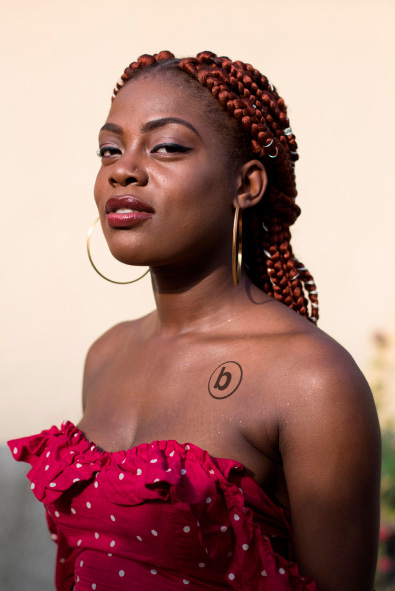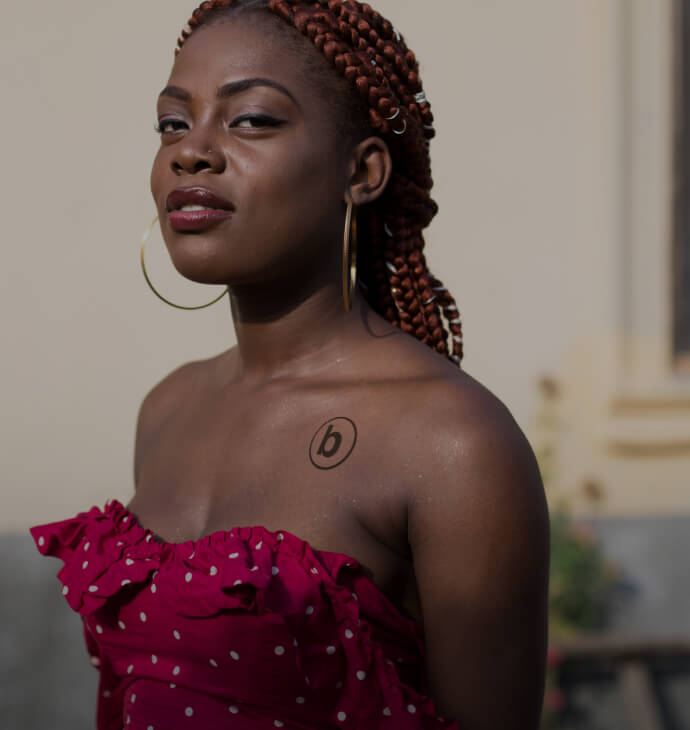The man started blackmailing me. If I didn’t go out with him and his friends, if I didn’t give into his desires, he would post my photos and videos online. In Yemen, sex before wedlock is taboo. For three months, I lived in extreme fear and shock. If my family knew, they would kill me. I didn’t know what to do. I didn’t think I would find an escape and even thought of suicide so my reputation and that of my family would not be ruined.
One day I happened to see a Facebook post on psychological and legal counselling offered by the Yemeni Women Union [supported by UNFPA]. I immediately called and explained everything to a legal counsellor. I also received psychosocial support, first by phone then in person at a women’s and girls’ safe space so that I could meet with a lawyer.
My lawyer was able to identify the man by tracing his phone number. When I went to the police station to report him, I found out he had been doing this to other women. He was arrested, imprisoned for a week. His phone was taken and all photos and videos were destroyed. He is to never do this again to anyone and is being watched by the criminal investigation office.
After my case was over, I continued going to the safe space, where I took life skills courses and learned to sew. After receiving an economic empowerment grant from the safe space, I started a tailoring business designing dresses and sewing face masks to help with the pandemic.
I am more careful now on social media – not everyone is on there to help for free. There is a cost for everything.
In a survey of women in
0 countries
in the Arab States, online harassment was the highest-ranked type of gender-based violence reported in the earliest months of the COVID-19 pandemic.
– UN Women





